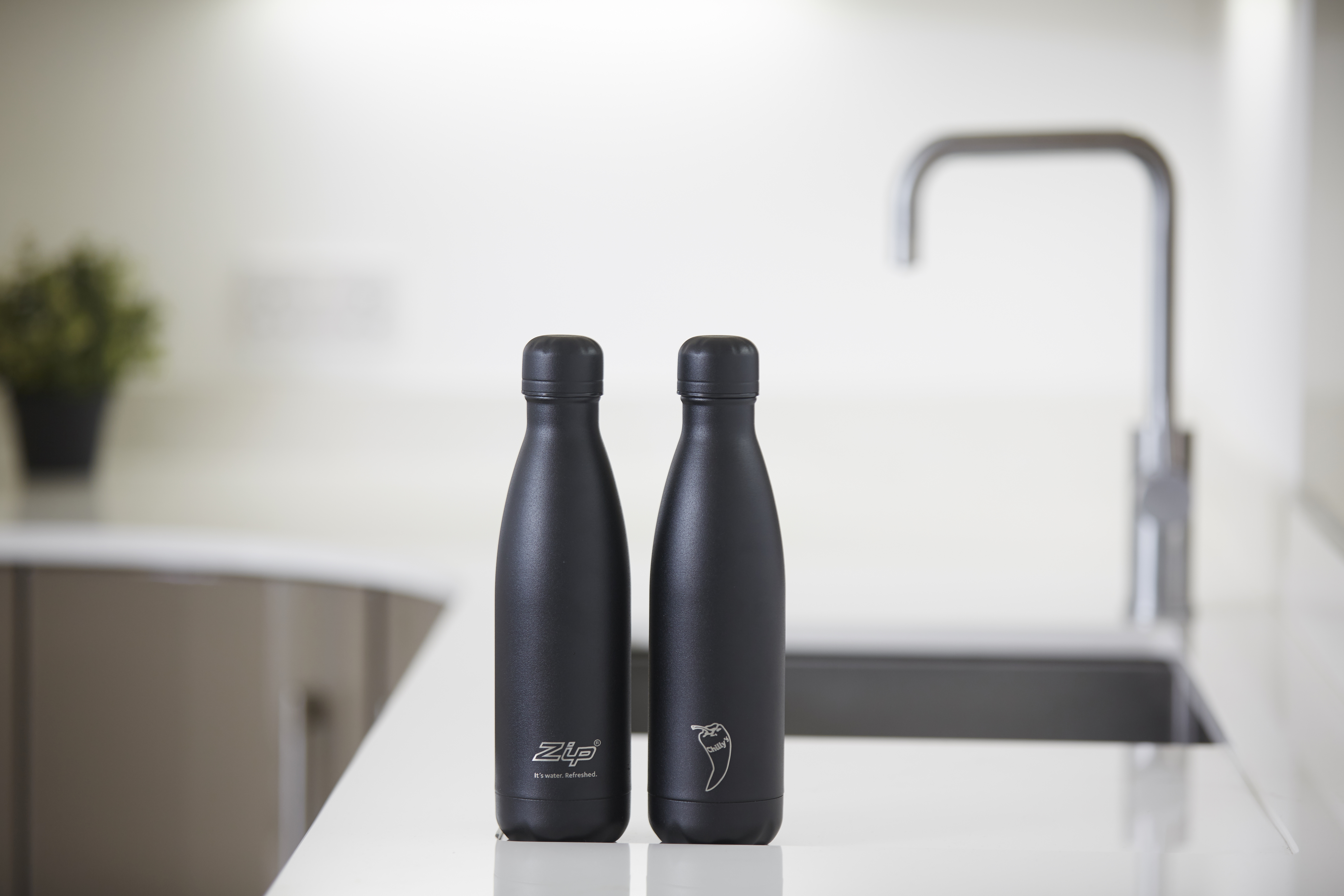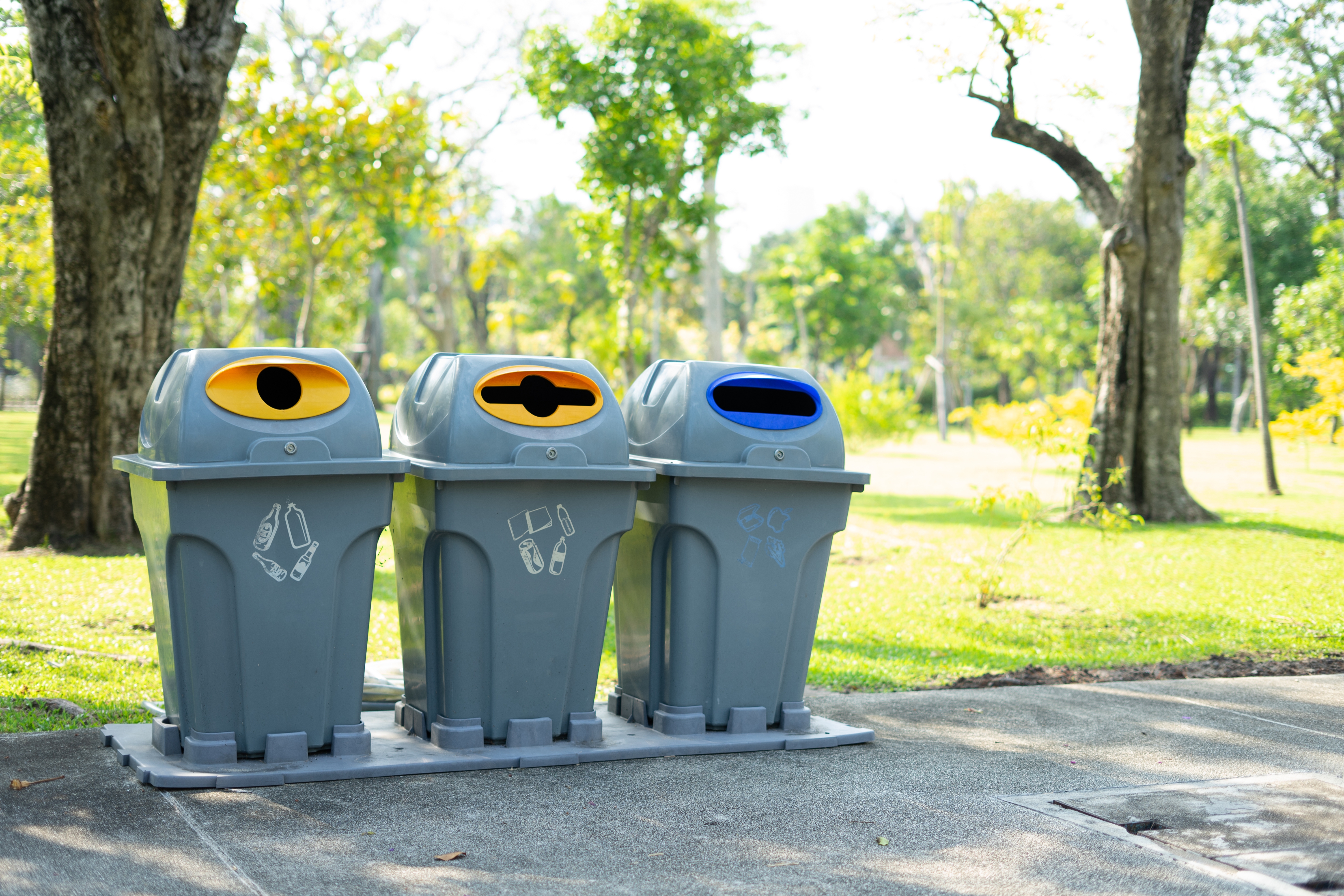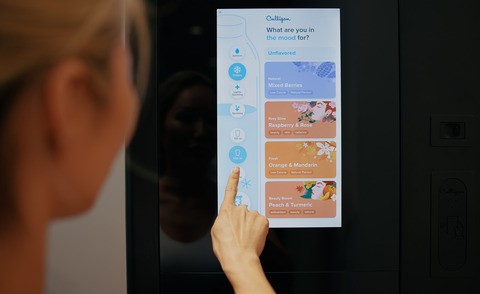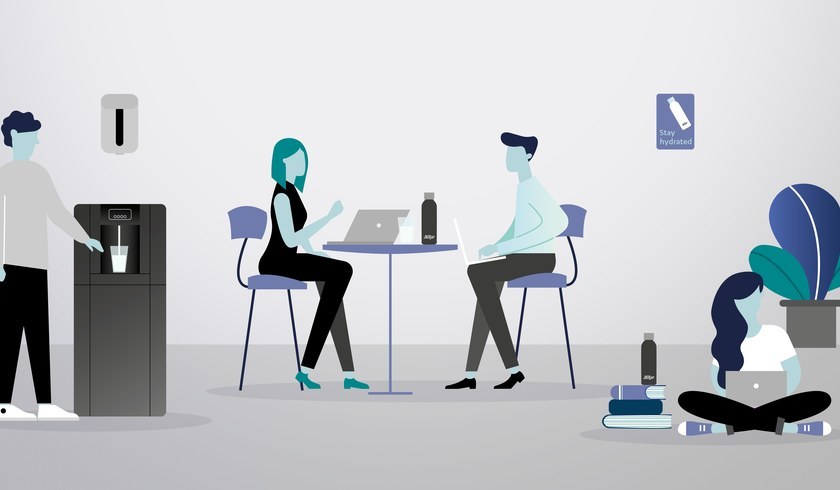13/09/2021
University campuses are mini smart cities, with their own residences that house thousands of students and staff, stores, medical facilities, gyms and research facilities.
Because these areas are highly populated and function independently, they produce a lot of waste. And let's not forget, the pressing issue of climate change requires urgent attention, and higher education settings, as centers of learning and innovation, have a crucial role to play in achieving wider, sustainability goals.
Sustainability at universities and throughout higher education is crucial in instituting widespread environmental change. From single-use plastics to paper, cardboard, and greenhouse gas emissions, facilities managers at universities must begin implementing waste management strategies that are environmentally conscious.
But sustainability isn't just about reducing waste; it encompasses a bigger, broader vision of sustainable development that both directly and indirectly tackles climate change, with the aim of creating a healthier environment for all – including a university's campus community, students, and residents.

At Zip Water, sustainability is very important to us – and we're committed to becoming the world's number one provider of sustainable drinking water solutions. We're committed to supporting higher education settings so they can achieve their sustainability goals. By introducing innovative solutions and fostering a better vision of environmental stewardship, we can work collectively towards a sustainable future.
We want to support facilities managers in making the move towards green campuses by kickstarting initiatives and implementing new, cutting-edge technologies – and you can learn how facilities managers can improve their environmental, social, and governance (ESG) strategy to enhance working conditions for all in our landmark white paper.
Indeed, by bolstering campus waste reduction and disposal practices, facilities managers can help curb the detrimental effects of global warming, and contribute to the UK's broader sustainability goals. Here are 7 ways to make your university campus more sustainable:
Single-use plastic cutlery, plates, cups, bags, water bottles, and straws are attractive to students due to their ease of use and low cost. However, these products take hundreds of years to degrade and contribute to widespread ocean pollution, which kills around 100 million marine animals each year.

Therefore, encouraging students to switch to multi-use items such as reusable water bottles, cutlery, grocery bags, metal straws, and thermoses, can reduce waste and costs in the long term.
These items are also largely customisable, so students can express their style while remaining environmentally friendly. Eco-friendly packs of these items can be sold or distributed during student events like Freshers Week to promote awareness of sustainable practices – why not create branded reusable items that also promote your university?
The beauty industry produces over 120 billion units of packaging per year; toiletries, such as shampoos, conditioners, and soaps, as well as cleaning products and detergents, all come in plastic packaging.
And with only 9% of all plastic waste actually being recycled, these single-use containers pile up in landfill or are disposed of in our oceans. Plastic packaging in the UK makes up 70% of all our plastic waste, and with pre-made food from campus kitchens commonly sold in plastic packaging, this drastically contributes to the amount of plastic waste that campuses produce.
To combat this and become a more sustainable university, change shop stock and sell eco-friendly, zero waste products such as bar shampoos, conditioners and soaps. These come with plastic-free packaging and can be stored in reusable containers, which will significantly reduce waste.

Adding plastic-free refill stations within shops where students can bring their own containers to fill with food staples such as pasta, rice, and beans, and cleaning products like dish soap and liquid detergent, will also promote zero waste and eco-conscious practices.
Finally, consider transitioning to compostable packaging for pre-made food sold in campus shops or catering facilities. This will significantly reduce the production and use of single-use plastic in the first place.
Worldwide paper consumption has risen by drastically in the last 40 years, and the paper industry is the fifth largest consumer of energy in the world. Going digital and saving paper is crucial for using less water, conserving energy, protecting the environment, and saving money for other important campus facilities and operations.
Begin by avoiding printing single-sided documents and hand-outs, and instead move to digital options. Use student platforms like Blackboard to provide online hand-outs or Google Drive to create and send documents and agendas. This not only makes it easier to send and receive feedback but also improves document security, enhances the ability to organise documents, and increases cost savings.

Apps are another method to achieve better productivity and sustainability. Evernote – a note taking and organisation app – is available on a wide range of devices and allows users to get rid of paper and keep all notes, documents, and photographs in one place.
Google Calendar allows for easy tracking of deadlines – removing the need for paper agendas. Similarly, apps such as Dropbox, a file hosting service, act as a paper-free filing system, allowing the user to store, organise, track, and share important documents.
Transportation is the biggest source of greenhouse gas emissions in the UK, according to government data. All methods of vehicular transport emit harmful pollutants, so it’s important to promote environmentally-friendly transport as an accessible alternative on campus to minimise its carbon footprint.
Encouraging students and staff to choose low-carbon, healthy transport options can be facilitated by university campuses. When walking or cycling isn’t an option, public transport remains a great, eco alternative to using personal vehicles. Universities can facilitate reducing single-occupancy car trips by creating links with bus operators and providing discounted bus passes for students.

To become a more a more sustainable university, consider providing better cycling infrastructure by increasing cycling paths and parking spaces, as well as on-campus facilities like showers and lockers to encourage people to choose this eco-friendly method of transport. Providing low-cost bike hire and Cycle to Work schemes will further influence sustainable practice, increase student and staff wellness, and boost your environmental credentials.
Creating personalised journey plans, which are currently being used by Nottingham University, allows for quick, easy digital advice on commuting by giving the user route information, journey time, calories burnt, and commute options – such as walking, cycling, public transport, and car sharing. This allows students and staff to plan their journey and determine which method of transport is best suited to them and most sustainable.
Throwing out all rubbish as general waste contributes to the rapid growth of landfill sites, which emit greenhouse gas emissions. When students can’t reduce waste or reuse a worn out product, an effective waste management method that facilities managers can make easily accessible is recycling.
Become a more sustainable university by introducing a standard style of bins across campus – aim to have them colour coded with proper signage and images showing what waste goes where. By placing them near high-use areas, such as sports facilities, classrooms, and hallways, student accommodations and catering facilities, students and staff will be more likely to dispose of their waste properly.
Another method is to introduce sustainable recycling initiatives. This can be seen in the form of collecting furniture, duvets, clothes, and kitchenware at the end of the school year to reuse, repurpose, and recycle for future students.

The UK produces nearly 10 million tonnes of food waste every year, leading to 25 million tonnes of greenhouse gas emissions, including methane – a powerful pollutant that's 86 times more powerful than carbon dioxide over a 20 year period.
When food waste accumulates in landfills and decomposes, it emits high levels of methane – and landfills are the source of 18% of global methane emissions. Sustainable educational settings can reduce landfill waste by connecting with a food-waste reduction network such as FareShare to donate unwanted food items, or with an organics recycler to recycle food waste into green energy and fertiliser.
Alongside this, campus catering can offer regular food samples and carry out surveys to identify popular student dishes, helping reduce waste. On-campus catering facilities such as canteens, student bars, and student unions can also provide compostable takeaway boxes for students and staff to take food home instead of throwing it out.
The environmental impact of universities can be greatly improved through widespread eco-friendly practices and operations, boosting your overall environmental credentials.
These include reducing reliance on fossil fuels by using renewable energy sources, switching to biological cleaning materials, and organising student environment awareness day events. Introducing touchless drinking water systems will assist with energy and water conservation and help eradicate single-use plastic drinking bottles.

Making water stations available across campuses – from our HydroChill mains-fed filtered drinking water dispenser to our new, environmentally friendly and health-conscious HydroMe – will ensure that students remain hydrated with pure-tasting filtered drinking water in a sustainable way.
In fact, HydroMe was recently installed in the University of the West of Scotland's student gym, with facilities manager Michael McGhee remarking, 'this specific University campus is labelled as an eco-campus, so sustainability is key. Being able to give a visual representation of this by giving a measure of how much plastic people are saving helps encourage users to re-use their plastic bottles.'
Just make sure that you safely recycle your CO2 canisters with our CO2 canister recycling scheme – which is completely free to use.
Creating a sustainable university campus requires a multifaceted approach that includes reducing waste, promoting sustainable practices, and using innovative and sustainable products. And by implementing these, facilities managers can can significantly reduce their university's environmental impact, contribute to combating climate change, and foster a culture of sustainability that extends beyond campus.
For more information on how Zip Water can help you build a more sustainable university experience, get in touch today.
Talk to us about your next project, request a brochure or arrange a full product demo with one of our team.
